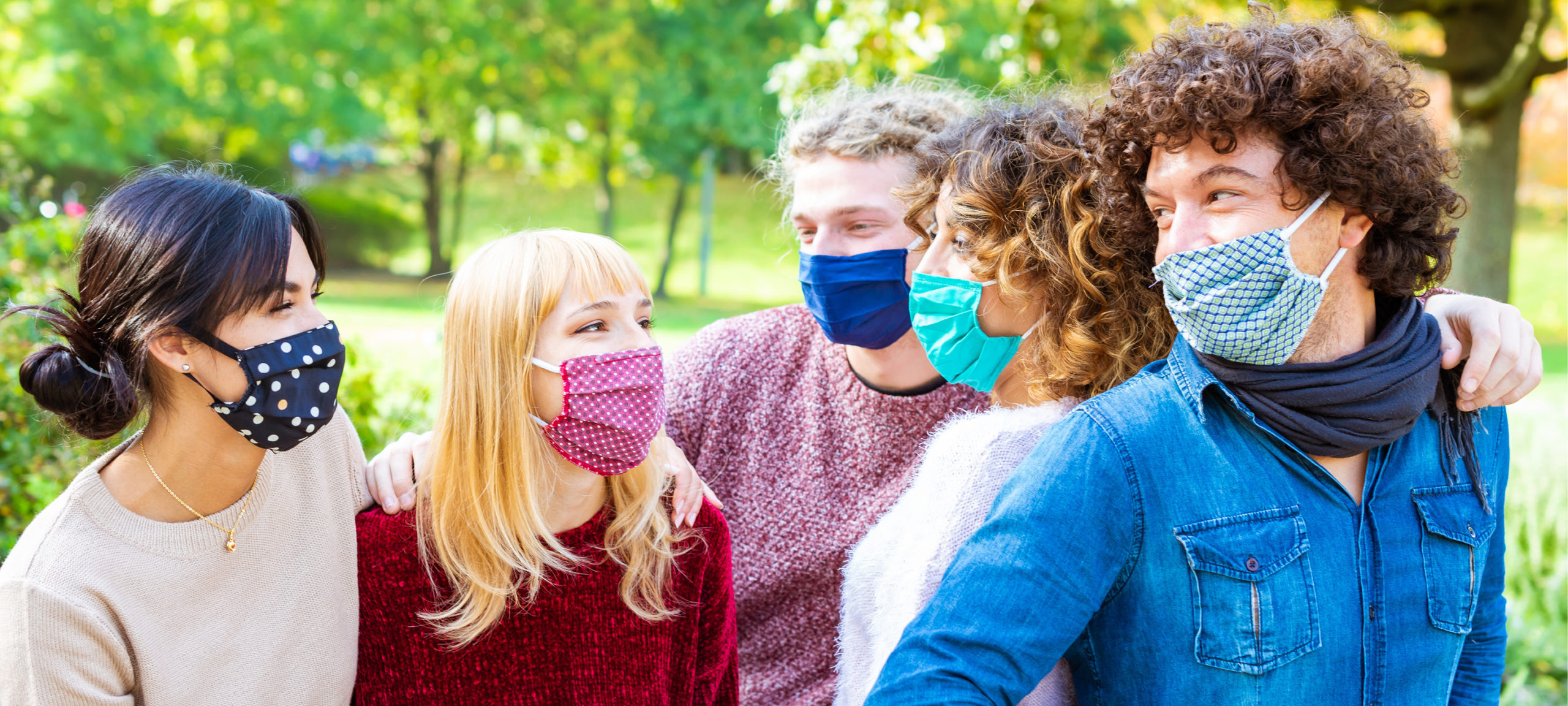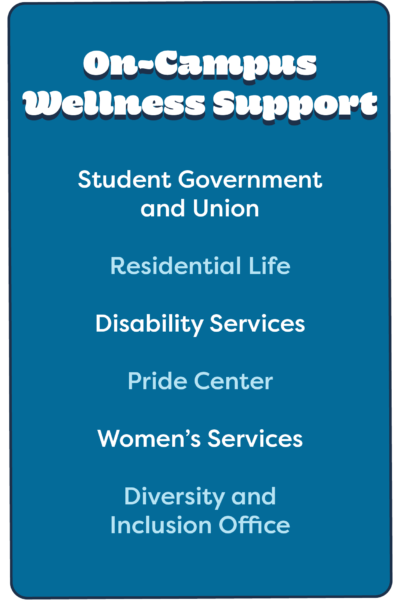
Social isolation in the form of school closures, lockdowns, and physical distancing has taken a toll on the social and emotional well-being of students. A recent study published in BMC Public Health surveyed students and staff in higher education institutions from 41 countries around the world. The researchers found that 70 percent of respondents perceived a negative impact on their studies and work responsibilities from the lockdowns. The most commonly cited personal challenge was the “lack of interactions with colleagues and staff.”
Humans are a social species, after all. Students who feel a sense of connection, belonging, and support are more likely to adapt to college life, have higher academic performance, and stay in school longer. Healthy friendships and relationships are also linked with lower risks of serious health issues and longer life. Lack of social interaction—as many have experienced over the past year—can promote feelings of loneliness and negatively impact mental and physical health.
How schools can support the social and emotional well-being of students
While fostering social wellness is currently a challenge faced by many schools, there are still many opportunities to facilitate and cultivate connections for students. Some of your departments that can influence social and emotional well-being include your student government and union, residential life, disability services, pride center, women’s services, and the diversity and inclusion office.
One way these departments can positively influence the campus social scene is to host fun, inclusive, and safe events where students can get to know each other. Another option is to connect struggling students with other students, faculty, and staff members that share something in common, such as the same religious beliefs, growing up in similar geographic locations, or being first-generation college students. Extracurricular classes and clubs, such as mindfulness meditation courses, can also connect students with each other while giving them an outlet to reduce stress together.

CampusWell provides a student-centered platform for your departments to promote events and encourage social connection
CampusWell is uniquely positioned to help your school reach students by providing an online platform that you can use to publish health and wellness programming from any of your student affairs departments. In addition to acting as a hub for promoting department news, events, and workshops, CampusWell provides original, research-backed content covering topics such as how to make friends, navigating roommate relations, and ideas for alcohol-free social activities.
Every week, CampusWell publishes engaging, ready-to-share wellness content for your school and brands it as your own. Our original evidence-based and expert-vetted content features all eight dimensions of wellness to help your students thrive: social, emotional, physical, intellectual, financial, occupational, environmental, and spiritual.
Learn more about the CampusWell online platform here or request a demonstration to see how CampusWell can benefit your school.
CampusWell is a versatile platform that helps make a multi-departmental wellness initiative simple, sustainable, and engaging. Using technology, high quality, research-based content, and proven marketing strategies, together with your existing assets, we deliver a campus-wide wellness platform that will positively impact your students and institution.
Cobo-Rendón, R., López-Angulo, Y., Pérez-Villalobos, M. V., & Díaz-Mujica, A. (2020). Perceived social support and its effects on changes in the affective and eudaimonic well-being of Chilean university students. Frontiers in Psychology, 11, 590513. https://doi.org/10.3389/fpsyg.2020.590513
CampusWell. (2018, April 1). 3 key ways to positively shape the campus social scene. https://default.campuswell.com/student-advocate-guide-to-going-out/
CampusWell. (2019, January 2). How to help students who feel like an impostor fit in and thrive. https://default.campuswell.com/student-advocate-help-students-fit-in/
CampusWell. (2019, April 3). How to help students handle social anxiety. https://default.campuswell.com/student-advocate-help-students-handle-social-anxiety/
Gregg-Jolly, L., Swartz, J., Iverson, E., Stern, J., Brown, N., & Lopatto, D. (2016). Situating second-year success: Understanding second-year STEM experiences at a liberal arts college. CBE Life Sciences Education, 15(3). https://doi:10.1187/cbe.16-01-0044
Leal Filho, W., Wall, T., Rayman-Bacchus, L., Mifsud, M., Pritchard, D. J., Lovren, V. O., Farinha, C., Petrovic, D. S., & Balogun, A. L. (2021). Impacts of COVID-19 and social isolation on academic staff and students at universities: a cross-sectional study. BMC Public Health, 21(1), 1213. https://doi.org/10.1186/s12889-021-11040-z
Related Articles
More from Author
[DCRP_shortcode style="3" image="1" excerpt="0" date="0" postsperpage="6" columns="3"]

